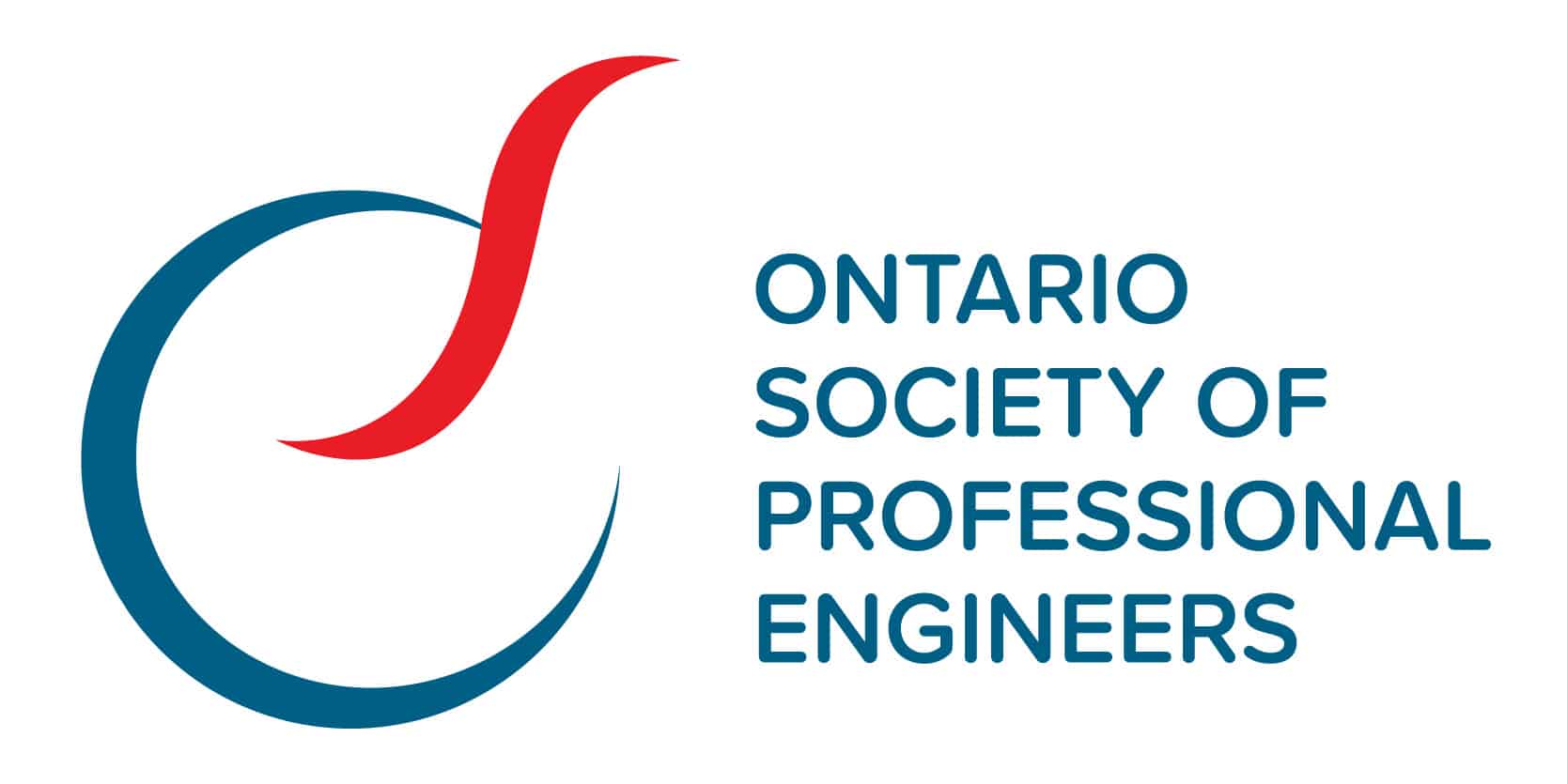
Engineering Excellence Unveiled: A Journey with Kirk Huntley, Electrical Power Systems Engineer at Toronto Hydro
Throughout National Engineering Month we’re profiling engineering leaders across the province. We recently met with Kirk Huntley, an esteemed Electrical Power Systems Engineer at Toronto Hydro, boasting 26 years of experience in the engineering domain. Hailing from Guyana, South America, and now thriving in Toronto, Kirk’s trajectory encompasses a rich tapestry of challenges, innovations, and leadership roles. Join us as we delve into his career milestones, insights into National Engineering Month’s significance, and the profound concept of lifelong learning in engineering.
Tell me a bit about yourself & your background.
I am an Electrical Power Systems Engineer working in the engineering profession for 26 years. I am originally from Guyana in South America, where I began my engineering career in mining and process control in the extractive metals industry. I emigrated to Canada in 2001 and briefly worked outside the industry while I converted my overseas experience to conform to the provincial guidelines outlined by Professional Engineers Ontario. I relocated to Sudbury in Northern Ontario in 2005 to practice in the mining and metals industry with Wardrop Engineering before subsequently joining what was known as Falconbridge Mines at the time. I relocated to Toronto in 2009 and have been with Toronto Hydro ever since. My career here has spanned 15 years and I am privileged to be recently appointed Director, Capacity Planning and Grid Innovation.

Why is National Engineering Month important to you and the engineering profession overall?
National Engineering Month is important to me because it does three crucial things. Firstly, it allows those outside the profession to get an opportunity to understand the important role engineering plays in the solution to problems we encounter in everyday life. This showcases the ability to apply scientific principles to solve issues that enhance the quality of life for the public by participating in various outreach events. Secondly, it provides a focused period to engage with peers and bring awareness to various advancements in the profession and provide updates to standards of practice while growing the collective body of knowledge. Ultimately, it contributes to professional development. Thirdly, it allows engineers to feel a sense of collective responsibility for the wellbeing of their peers and those in the wider community. It brings into sharper focus not only what you do, but why you do it. These three things are critical to a healthy profession in addition to inspiring the next generation of engineers.
The theme for NEM 2024 is lifelong learning. What does the concept of lifelong learning mean to you? Why is lifelong learning important in the work that you do?
The concept of lifelong learning means continuously growing and learning throughout your life. It describes the process of seeking knowledge, being curious about new things, recognizing change and adapting to it in order to stay relevant in your areas of practice. In my line of work, the world of innovation requires constant application of this concept. The world is evolving and how we interact with our physical environment is changing. Our ability to adapt and grow with it is critical to future success.
Can you tell me a little more about Toronto Hydro and the types of projects you work on?
The Ontario Electrical Grid is made up of entities that generate electricity, followed by those that transmit it to the urban and rural centres and finally the companies that distribute the electricity throughout the various municipalities. Toronto Hydro is the municipal electrical distribution company for the city of Toronto. It is responsible for bringing electricity to the many homes and businesses across the city. My team of engineers manages the sections of the distribution grid known as distribution substations. Think of these as nodes of the electrical system from which all the electrical lines originate to feed the various neighbourhoods and businesses. My team ensures the equipment in those substations is of the appropriate size and plans their replacement with newer, more advanced technology to meet the evolving needs of the distribution system.
How has the engineering profession changed over the past 5 to 10 years & how is Toronto Hydro capitalizing on those changes?
Engineering has changed over the last 5 to 10 years in profound ways. Traditionally, the electrical utility industry has been relatively stable with little incremental change in the core technologies that are used to distribute electricity. However, like many industries, the electricity industry is poised to undergo significant change due to emerging challenges posed by climate change and the decarbonization of energy supply and demand. Engineers are now required to be highly innovative, adaptable and have the ability to manage change in addition to being increasingly digitized in their thinking as they attempt to solve these complex problems. It requires a thorough understanding of data science and interrelationships of complex variables operating in very dynamic environments. This requires not only a keen understanding of science, but of business and economics as well, since these technologies are emerging in competition with older and sometimes cheaper alternatives. Toronto Hydro has taken steps to meet these challenges by investing in a young and talented workforce with experienced engineering mentors to guide the organization through this period of growth and development.
Are there any specific programs, initiatives, or outcomes happening at Toronto Hydro that you’d like to tell me about?
I am excited to discuss our Grid Innovation initiatives captured through our Intelligent Grid projects. We have taken many steps over the last two or three years to pilot technology that monitors the real-time status of various operational parameters of our equipment at various locations across the grid. We are able to measure how healthy they are by looking at how they are performing using temperatures and liquid levels, and are also able to efficiently determine how heavily loaded they are, when they need to be replaced, or when they are likely to fail. These are complex decisions that our engineers make by relying on data to help them arrive at optimal asset replacement or repair strategies.
What does the future of engineering look like and how does your company fit into that?
The future of engineering is very challenging and rewarding. Engineers will be essential in helping society meet the challenges of the future through careful application of innovative and creative solutions to increasingly complex problems. They must use technology to study complex challenges and arrive at optimal outcomes. Engineers will have to embrace flexibility and adaptability in order to navigate the contours of iterative problem solving as society demands increased levels of reliability, safety and efficiency as it interacts in novel ways with the physical world.
Any final thoughts?
I am thrilled to be both a practicing engineer, a leader and a mentor as the electrical utility industry enters a new era. This period of rapid change will likely set the course for human existence for generations to come, and engineers will inevitably help lead this change. Every branch and discipline must contribute to this effort and this challenge can only be met by a group of dynamic, well-informed and innovative individuals that are willing to think and act in creative ways for the common good.
Learn. Grow. Thrive. Together.
National Engineering Month is Ontario’s platform for celebrating the remarkable world of engineering. With a dynamic mix of insightful discussions, industry expertise, and diverse viewpoints, we’re showcasing the best of the profession. Join us in advancing engineering excellence, igniting interest in future professionals, and recognizing the vital role engineers play in society. Be a part of the #NEM2024 experience by attending an event. Explore all the exciting details at nemontario.ca.


